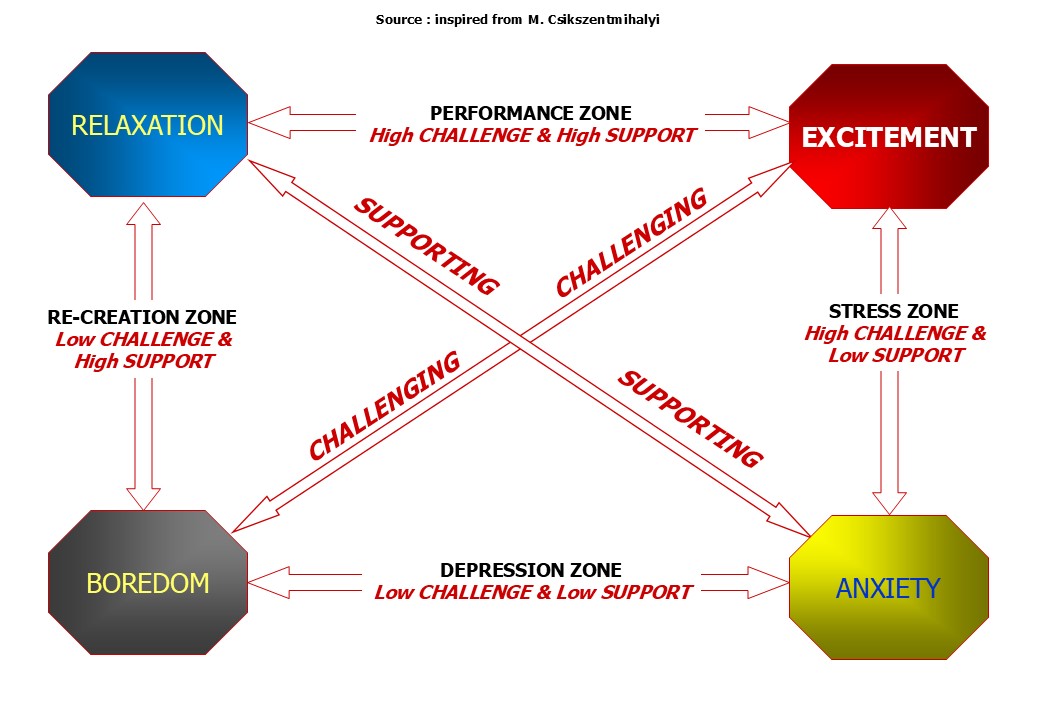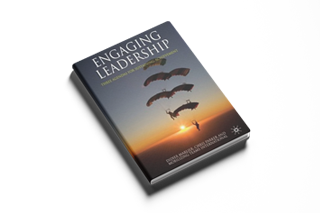 I am privileged to closely follow the destiny of one of Switzerland’s leading football teams. Of course, the Swiss championship should progress before it competes with the English Premier League or the Italian, German, Spanish or French competitions. But, it can be proud to have hosted players such a Mo Salah (FC Basel), Ivan Rakitic (FC Basel) or Dani Alves (FC Zurich), Uli Stielike (Neuchatel Xamax), Gennaro Gattuso (FC Sion) or Teofilo Cubillas (best player in South America 1972, FC Basel).
I am privileged to closely follow the destiny of one of Switzerland’s leading football teams. Of course, the Swiss championship should progress before it competes with the English Premier League or the Italian, German, Spanish or French competitions. But, it can be proud to have hosted players such a Mo Salah (FC Basel), Ivan Rakitic (FC Basel) or Dani Alves (FC Zurich), Uli Stielike (Neuchatel Xamax), Gennaro Gattuso (FC Sion) or Teofilo Cubillas (best player in South America 1972, FC Basel).
The team I follow fascinates me: They play well, have a solid and experienced squad, are coached by an outstanding individual but… each time they reach the top, they lose the following game and fall back in 2nd or 3rd position… How can that be?
I recently was invited, to my biggest joy, by one of Europe’s top five banking institutions, considered as a top performer by the markets. I was negligently watching the short movie boasting the continuous high performance of the bank, while waiting for my guests and caught myself thinking with anxiety: “Will they manage to go on like this? What if a glitch happens? Is remaining at the top, like that, a sustainable position?”
It dawned on me that, probably like the football players, I had been hit by what is called “Fear of Success” or Fear of Winning (in sports).
Fear of losing or fear of winning?
Intuitively, we all know what the fear of losing or fear of failure is. As an observer of the sports and corporate lives, I am a strong believer in “The three brains” approach:
Our Reptilian brain constantly scans the periphery, in order to warn us against potential threats against
- Our Survival: in football, will I be on the team or on the bench for the next game? In business, is my job threatened?
- Our Territory: linked to our ego, to our self-esteem, to our “positioning”
- Our Habits: No one likes to change habits, as we all know…
Once we perceive a threat (real or fictitious), our Reptilian brain immediately sends a warning signal to our Limbic brain, which is, amongst others, the coordination centre of our defence mechanisms (Fight, Flight, Freeze for example) and our response is immediate if not uncontrollable.
By engaging our Limbic brain, Daniel Goleman explains, we expose ourselves to the “emotional hijack” whereby our brain releases the stress hormone, cortisol, which, momentaneously disconnect our Neo-Cortex, which is quite annoying as it hosts our capacity to be creative, rational, take measured risks etc.
This is what fear of failure causes in the brains of sports and business people…
So… what is the fear of winning?
Fear of success is a sort of unconscious self-limiting psychological state, emerging when one fears the potential negative consequences of success (being in the spotlight, being expected to outperform your actual success next year, becoming isolated, due to your colleagues’ envy, fear of disappointing those who would love to celebrate your success etc.)
When analysing the causes of the fear of success, they pretty much resemble those of the fear of failure…
So how should we lead our people through fears of failure and success?
Mihály Csíkszentmihályi was a psychologist and is often referred to as the “guru of motivation”, for his “Flow model”. We tried to simplify it, in the following manner: Humans can navigate between four psychological states:
- Relaxed (or self-confident): This happens when a sportsman feels well trained, relies on their team members, have a demonstrated track record. The same happens for a business executive.
- On the opposite, they can be Anxious: Lacking self-confidence, nervous, insecure…
- Excited (energised or motivated): The night before the final of the World Cup, being part of the best bank in Europe are highly motivating/exciting situations. Leaders don’t need to throw petrol on the fire of motivation here.
- Bored (passive or neutral): which is the opposite of excitement.
The Flow happens when you are Relaxed and Excited. This is where the French team was, back in 1998, no fear of losing the final (no one expected them there! They had more than fulfilled their mission), no fear of winning…
When you are Excited and Anxious, you enter the Stress zone and all the negative aspects that follows it. That is where the Brazilian team found themselves, the night before the final on 1998.
If you are between Anxiety and Boredom, you find yourself in the Depression zone: You know you should take a stand, try something out but you are paralysed (boredom, passivity) like a rabbit hypnotised by the lights of a car…
Finally, an interesting zone (Re-creation) happens when you are navigating between Relaxation and Boredom… It is a healthy passage, allowing you to rethink, reflect and rejuvenate…
How to avoid drifting away from the Flow?
Moving from Anxiety to Self-Confidence requires the person to be supported, not challenged, not stressed, nor punished. Psychological Safety, preventing fear for Survival, Territory or Habits to be triggered, is the name of the game there.
And to climb from Boredom to Excitement does require healthy challenge, raising the bar, challenging the status quo, energising etc.
The picture above should clarify what we mean by avoiding fear of losing or fear of winning.
Leadership is an art, enjoy your Leadership Journey.


0 Comments